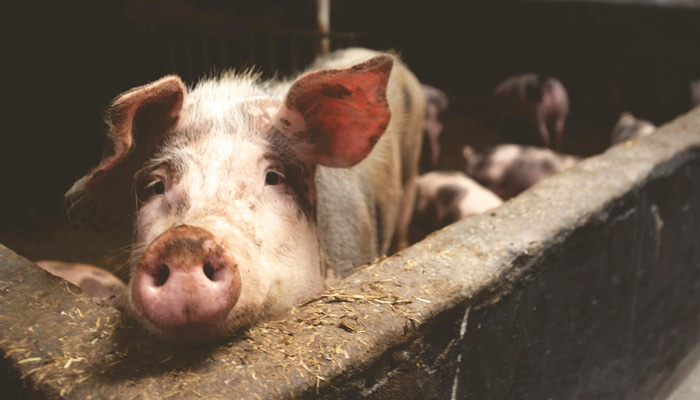
Advancements in Pig-to-Human Organ Transplants Show Promise
Recent successes in xenotransplantation suggest a viable solution to the organ shortage crisis.
In March 2024, surgeons at Massachusetts General Hospital achieved a significant milestone by transplanting a genetically modified pig kidney into a 62-year-old man with end-stage renal disease. Richard Slayman—the patient whose human kidney transplant had failed—received a pig kidney with 69 genomic edits designed to reduce rejection and prevent cross-species disease transmission. Remarkably, Slayman was well enough to be discharged two weeks post-surgery, indicating the procedure’s initial success.
That successful pig-to-human organ transplant builds upon earlier experiments in xenotransplantation—a field that has seen promising results over the past few years. In 2022, the University of Maryland performed a pig-to-human heart transplant, and in 2023 researchers at NYU Langone Transplant Institute successfully transplanted a pig kidney into a brain-dead patient—with the organ functioning for more than a month. These cases represent key steps forward in the effort to use pig organs as a viable alternative to human organ donations, offering a potential solution to the ongoing organ shortage crisis.
Pigs are considered ideal candidates for organ transplants due to the compatibility of their organs with human anatomy, rapid reproductive cycles and lower risk of cross-species disease compared to other non-human primates. Advances in gene editing, particularly in modifying animal genes to enhance organ compatibility and reduce rejection, have been crucial in driving the progress of xenotransplantation technology. However, ethical concerns and the need for further research on genetic modifications, long-term safety and immunosuppressive therapies must be addressed before xenotransplantation can become a routine medical practice.
Despite these challenges, the success of recent trials has raised cautious optimism in the medical community. If the procedure can be refined, xenotransplantation may one day provide a life-saving alternative for the thousands of patients currently on waiting lists for human organ transplants. Ongoing research aims to enhance the safety, efficiency and ethical considerations of pig-to-human organ transplants in the coming years.
There were 46,630 organ transplants performed in 2023, but more than 103,000 people are still on the waiting list. On an average day, 17 people die waiting for an organ.
Further Reading
More People Need Transplants Than There Are Organ Donors. Pigs Might Be a Solution:
Jen Christensen, for CNN, explores the recent advancements in, specifically focusing on the use of genetically engineered pig organs for human transplants.
Developing Pig-to-Human Organ Transplants:
Recent advances raise hope for a promising solution to the transplant organ shortage—even for patients who would not currently meet the criteria for allocation of a scarce human organ.
Pig Heart Transplant Offers Uncertain Hope:
Gene editing in animals has shown promise in improving organ compatibility for human transplants, potentially increasing the survival rate of recipients by reducing immune rejection and the risk of infection.
#OrganTransplant | #PigOrgans | #Xenotransplantation





